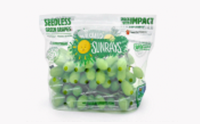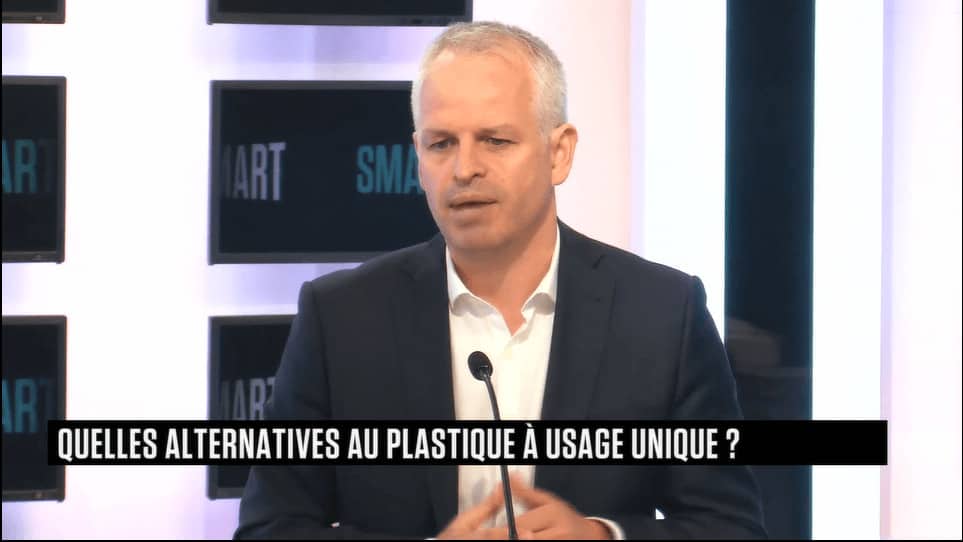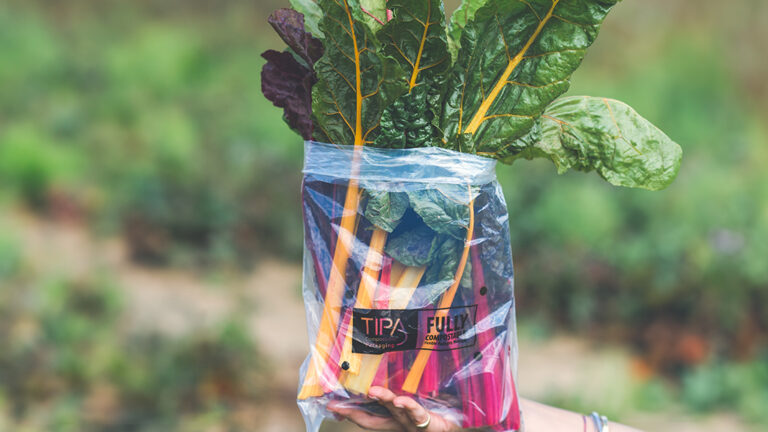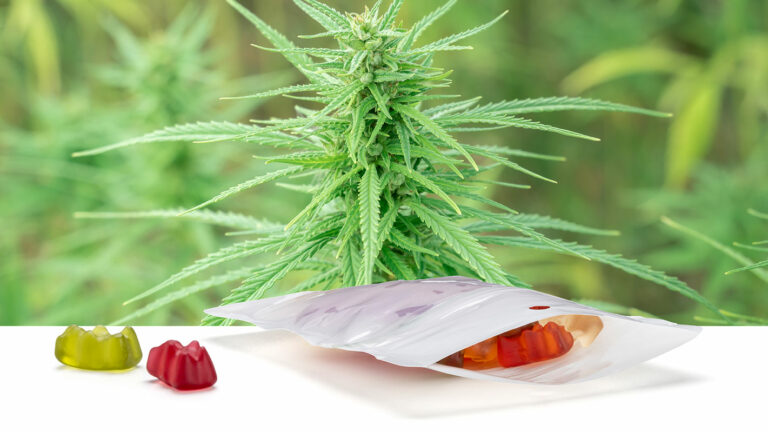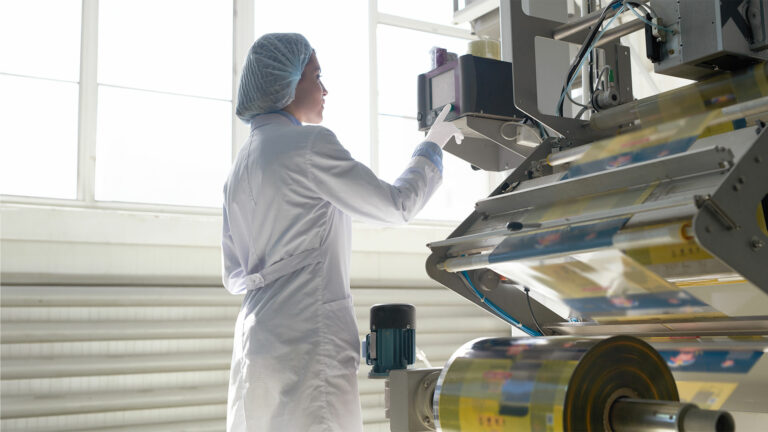Is France behind on national targets for the reduction of single-use plastics?
JP Rakoutz: Indeed, there is a lot to be done in France, it is a situation that is really difficult for all single-use plastics. The difficulty comes from the management of the end of life of these plastics. Many cannot be recycled properly. Consequently, there are many solutions that are not generally treated at the end of their life in a virtuous way.
So there is an urgent need to move forward, to offer unique solutions, to change the matrix, to move away from this unique model, to push for recycling and to consider innovative solutions, additional solutions to enable widespread end-of-life treatment of this packaging, and in particular the sustainable plastic packaging solutions that TIPA is promoting.
What are your alternatives to conventional packaging?
JP Rakoutz: We really share Muriel’s opinion on the dialogue that needs to be initiated with brands to rethink their packaging policy. The first diagnosis to make is: what can I reduce? What can I eliminate? We are no longer in the era of over-packaging where brands want to excessively communicate and where the surface of expression, in the end, is synonymous of the brand power.
Today, I think that the citizen’s and the consumer’s viewpoint is changing. On the contrary, this additional surface is perceived a bit as an aggression: if I see a lot of plastic, I’m going to have a different view of the brand.
So: what can be removed? What can we reused?
JP Rakoutz: Actually, we promote reuse wherever it is possible in economic conditions that make it possible. And once we have asked ourselves the question, precisely, of this use, we have to ask ourselves the question of the end of life. We therefore advocate a model that is different from the model of full recycling, particularly for flexible packaging that comes into contact with food and which shows that there is a real technical and economic difficulty in having an effective recycling system for these materials. We are taking another approach with a material that is compostable.
TIPA has conducted more than five years of research and development, a compostable films that retains all the good properties of plastic, so no compromise is made on the primary function of the packaging: protect the product, guarantee its level of freshness and extend the shelf life of food products. But we are finally freeing ourselves from the problem inherent in plastic, which is its lifespan and its ability to remain in the environment for hundreds of years after use. Composting brings a new answer in its capacity to totally transform the material in a dedicated process within 6 or 12 months, depending on the level of industrial or domestic composting.
It is not only plastic that protects our consumer goods?
JP Rakoutz: Of course, there are plenty of other solutions. And I think the current debate has the merit of restating the question on the central role of packaging.
When do we need packaging? How much is needed?
JP Rakoutz: There are many situations in which we can actually think differently about packaging. Nevertheless, we still reach a level where packaging is necessary. We talk a lot about bulk, but even in bulk, packaging is still essential, even if only to get the food into the silos. It is a packaging that you cannot see, it is a B2B packaging. But we TIPA, we are in partnership with a leading player in bulk packaging at European level and we offer compostable bulk packaging that allows us to have this fully circular and virtuous chain.
Do you find supermarkets and retailers are making efforts in this direction?
JP Rakoutz: The difficulty for supermarkets is that they manage masses and volume. Today, we are in discussions with a number of supermarket chains. There is not yet a strong commitment towards compostable solutions that have been fully adopted by mass distribution. I think this is a movement that is building up.
The solution that is also being put in place is to be able to really compost compostable packaging. And this sector is also being set up under the impulse and in the perspective of the 2023 law which will make the collection and selective treatment of all bio-waste compulsory. We are therefore witnessing an upsurge of a national network of local, industrial composting solutions for bio-waste, in which compostable packaging solutions will be able to really be composted.

TIPA is all about Compostable Packaging to take your product packaging and business to the next level. Reach out to us using the Enquiry Form, and we will get back to you straight away!









